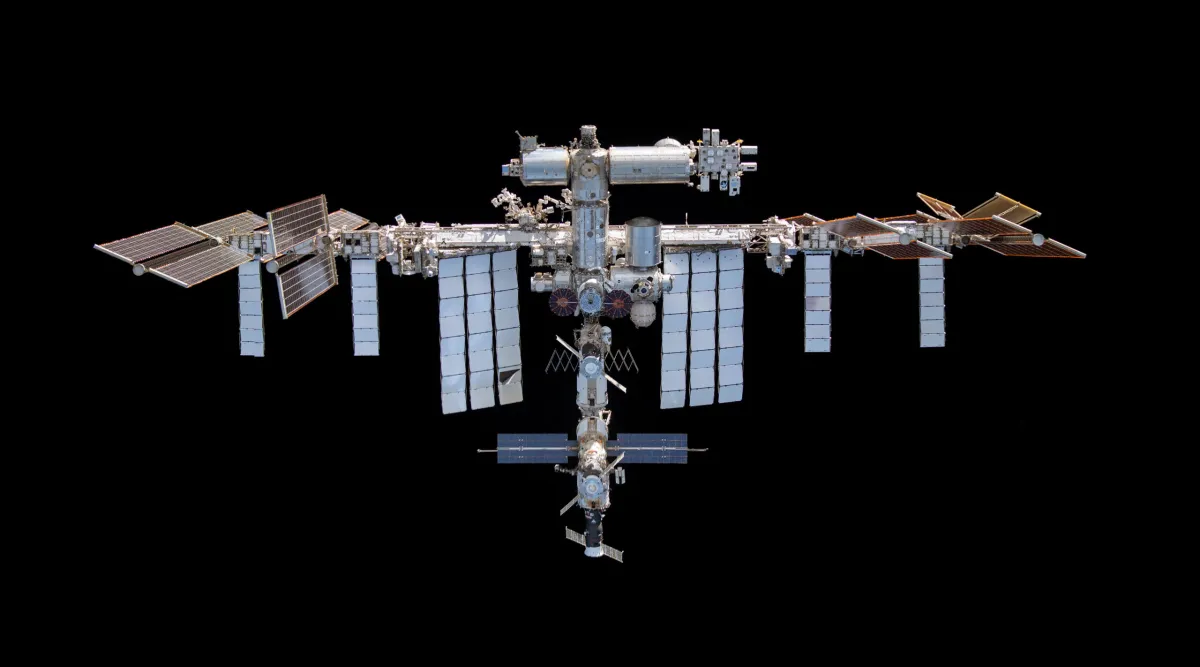Concerns Over Environmental Effects of ISS Deorbit in 2031 on Oceans and Atmosphere

The planned deorbit of the International Space Station (ISS) in 2031 has sparked discussions on its potential environmental impact. The ISS, weighing around 450 tons and facing various operational issues like coolant leaks and structural damage, is set to undergo a controlled re-entry into Earth’s atmosphere. The spacecraft will be directed toward Point Nemo, a remote area in the South Pacific Ocean often used for deorbiting space hardware, which is dubbed the “spacecraft cemetery” due to its distance from human settlements. However, environmental experts have raised concerns regarding the potential consequences for both the ocean and atmosphere as the ISS burns up during re-entry.
One of the main areas of concern involves the potential impact on Earth’s oceans. While the re-entry is expected to occur over a sparsely populated part of the ocean, environmentalists are wary of the long-term effects of large space objects re-entering the atmosphere. According to experts, although oceanic pollution from such events is minimal when compared to other forms of human activity, it still raises valid concerns about the accumulation of space debris in remote areas like Point Nemo. As space exploration increases, these unregulated disposal practices may become an increasingly significant issue for the global environment.
In addition to the oceans, there are also concerns about the ISS’s controlled re-entry’s impact on Earth’s atmosphere. Physicist Luciano Anselmo from the Space Flight Dynamics Laboratory in Pisa, Italy, pointed out that while the risk of oceanic pollution from space debris is low, the potential effects on the upper atmosphere are still not fully understood. The materials that disintegrate during re-entry may contribute to atmospheric changes or unknown chemical reactions. Further studies are required to assess the full range of atmospheric risks posed by large spacecraft falling back to Earth, particularly when considering the global effects of such high-altitude debris.
Advocacy groups, including Greenpeace International and the Ocean Conservancy, have also voiced concerns about the lack of international regulations




















